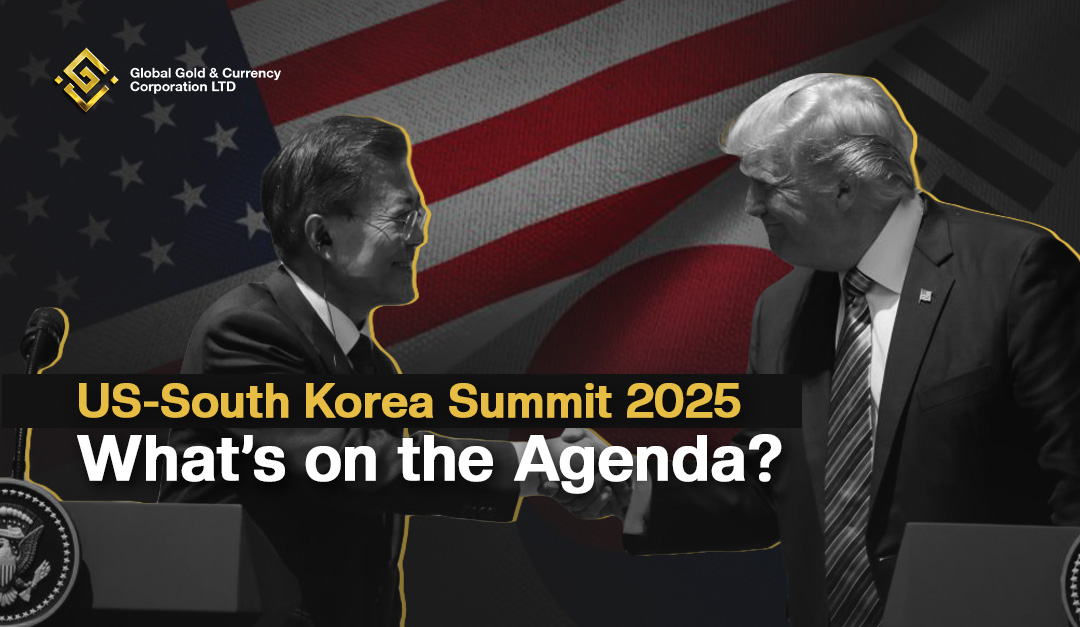
US-South Korea Summit 2025: What’s on the Agenda?
The upcoming US-South Korea summit on August 25, 2025, between President Donald Trump and South Korean President Lee Jae Myung is expected to cover several critical issues shaping bilateral relations. Following a recent trade agreement that reduced U.S. tariffs on South Korean goods from 25% to 15%, both leaders are likely to delve deeper into defense, economic cooperation, and regional security concerns. The meeting comes at a time when both nations are seeking to strengthen ties amid shifting geopolitical dynamics in the Asia-Pacific region.
A major topic on the agenda is the financial responsibilities associated with the 28,500 U.S. troops stationed in South Korea. President Trump has previously criticized Seoul for "free-riding" on U.S. military support and is advocating for an increase in South Korea’s defense spending to 5% of its GDP, up from the current 2.3%. This comes despite South Korea already contributing over $1 billion annually toward the U.S. military presence, including funding for facilities such as Camp Humphreys. Discussions may also include the repositioning of U.S. forces in South Korea to counter China’s growing influence, which could test Seoul’s ability to balance relations with both Washington and Beijing.
Economic cooperation is also expected to be a key focus. The summit aims to build on the recent trade agreement, with President Trump likely seeking further investment commitments from South Korea, following a $350 billion package announced last month. Priority sectors include shipbuilding, semiconductors, batteries, and critical minerals. However, some discrepancies remain in the interpretation of certain trade deal aspects, particularly regarding U.S. tariff reductions on South Korean car imports. Strengthening economic ties remains a central goal for both nations, especially as they navigate global market challenges.
Regional security and North Korea’s denuclearization efforts will also be central to discussions. While South Korea remains committed to dialogue with North Korea, recent diplomatic overtures have been dismissed by Pyongyang, which has criticized Seoul’s intentions. Despite these challenges, South Korea has taken steps such as halting border propaganda broadcasts and implementing partial agreements to maintain momentum for dialogue. The summit will likely address strategies to encourage North Korea toward denuclearization and enhance regional stability.
Finally, the summit is expected to touch upon broader strategic alignment concerning China’s influence in the region. The U.S. is considering the repositioning of its forces in South Korea to bolster deterrence, particularly in the Taiwan Strait, while South Korea seeks to maintain a balanced approach. Navigating these strategic concerns will require careful diplomacy to ensure both nations’ security and economic interests are safeguarded. The outcomes of this summit will have far-reaching implications for U.S.-South Korea relations and the broader Asia-Pacific region.
Sources:







